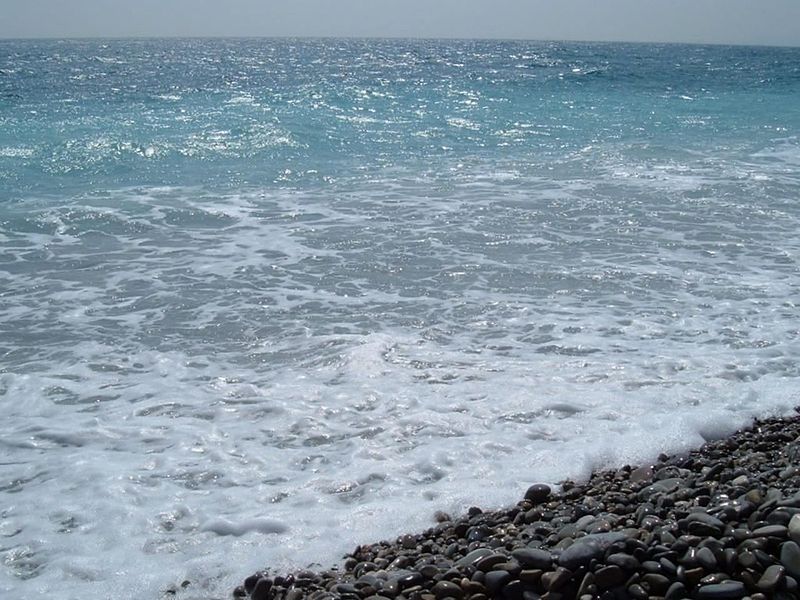Indigenous peoples from around the Bismark and Solomon Seas gathered at Karkum village, Madang Province, PNG, last week and signed a statement seeking to halt the current fast tracking of deep sea mining in their territorial seas. Read the text. See the Karkum Statement published in the PNG Post Courier. See second page of ad.
More than 80 participants attended the meeting organised by the Madang People’s Forum and attended by community representatives from Manus, Kairiru island, New Ireland, Bagabag Island, Karkar Island, Riwo, Gildiasi, Rai Coast, and the statement was also endorsed by representatives of the Ramu River Authority, Simil Hondulwa Evangelical Alliance of PNG, New Ireland Students Association of University of Technology, Sea Turtle Restoration Project, Alemewo Foundation, the Catholic Church, Madang Rehabilitation and presented from Vanuatu, Porgera, plus observers from surrounding community based organisations, school teachers and students.
The participants established a council to guide their ongoing coordination and participation in the resource management of the shared marine resources and to seek resolution of their concerns at the local, national and international level.
Wenceslaus Magun, STRP Western Pacific Sea Turtle Campaigner and the newly elected interim chair of the Council stated, ” We are calling upon the relevant bodies to halt activities that pose risks to our marine resources until steps have been taken to engage local people and address our concerns. Our livelihood and culture is based around these oceans and our people are dependent upon it for survival.”
Rick Steiner, Professor of Marine Biology from Alaska University who attended the forum to stated, “citizen oversight and monitoring of any proposed developments is essential to address the significant risks and threats to the marine environment that deep sea mining represent. Coastal resource owners need to assess these proposals to ensure they are in best interest of the communities whose resources at are risk and this meeting represents an important first step.”




